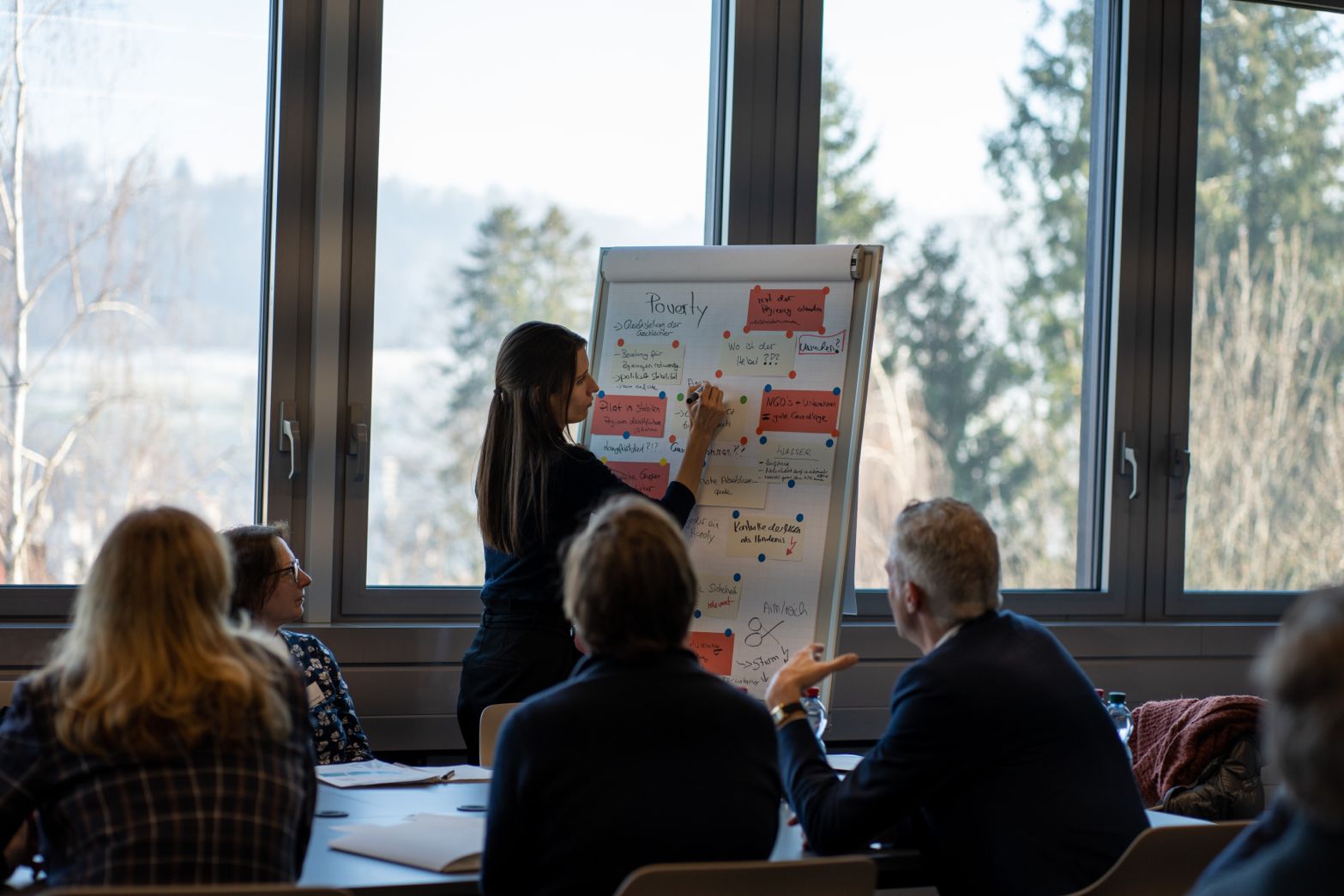

What we do at C4ED
C4ED offers a deep commitment to making development efforts more impactful. We collaborate closely with stakeholders to provide them with: Impact evaluations, Effectiveness and Monitoring, Efficiency analysis, Qualitative evaluations, Evidence synthesis, Data Collection, Capacity Building and Training and Quality assurance. By prioritizing transparency, accountability, and effectiveness, we ensure that development initiatives lead to real, measurable benefits for the communities they aim to serve.
Impact Evaluation
Impact evaluation is at the heart of evidence-based development. Our work involves the design, implementation and/or support for evaluations that use rigorous methodologies, including experimental and quasi-experimental designs, that help organizations understand whether their interventions are making a real difference and to what extent. By establishing clear causal links, we provide actionable insights that help refine interventions, help scale them successfully and ensure effective resource allocation. Our impact evaluation relies on high quality and reliable data, sampled and collected rigorously and effectively, even in hard-to-reach areas. Our large-scale surveys collect information on a large number of indicators, for a plethora of respondents, that help answer key questions related to the impact of the intervention.
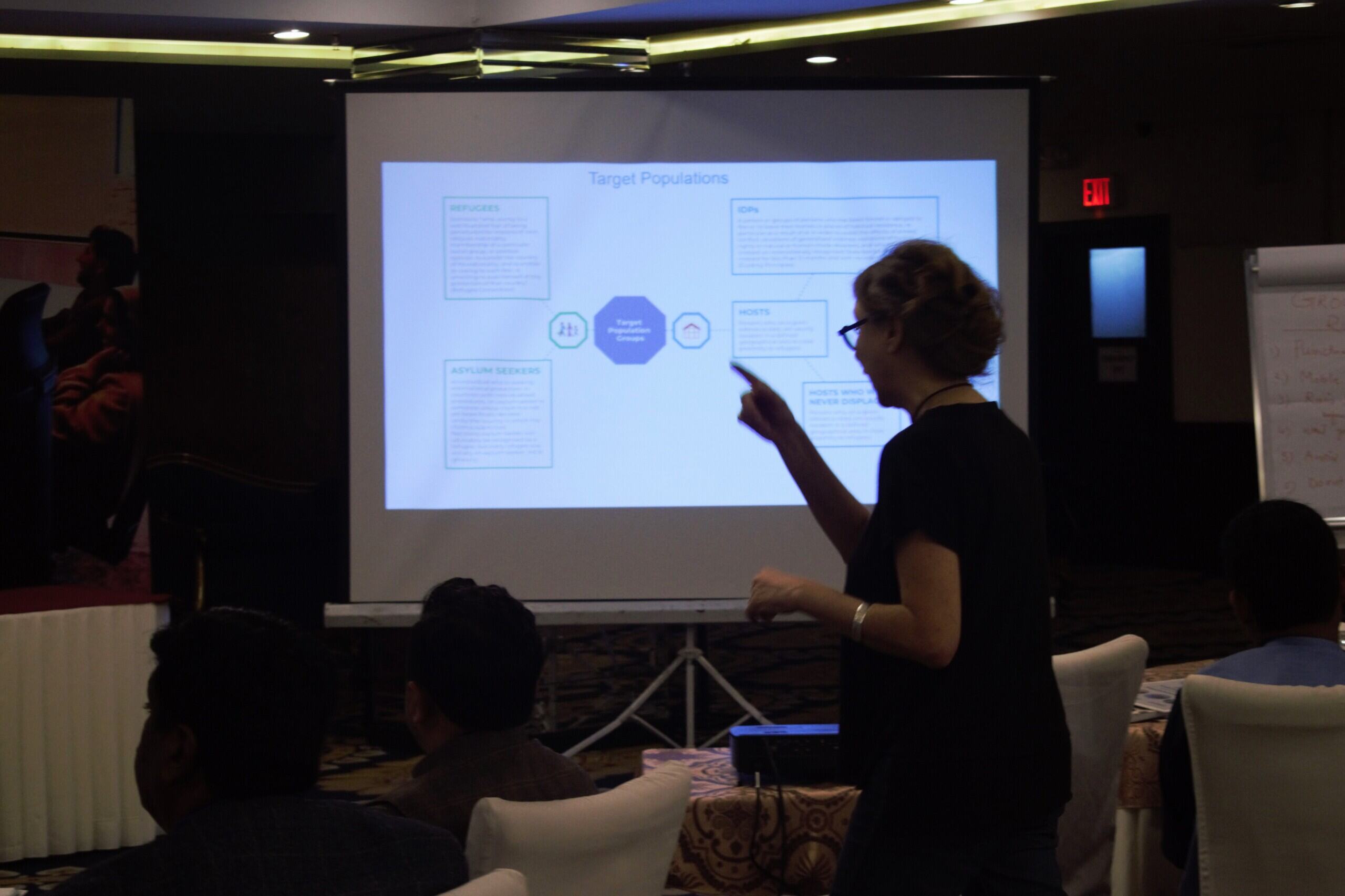

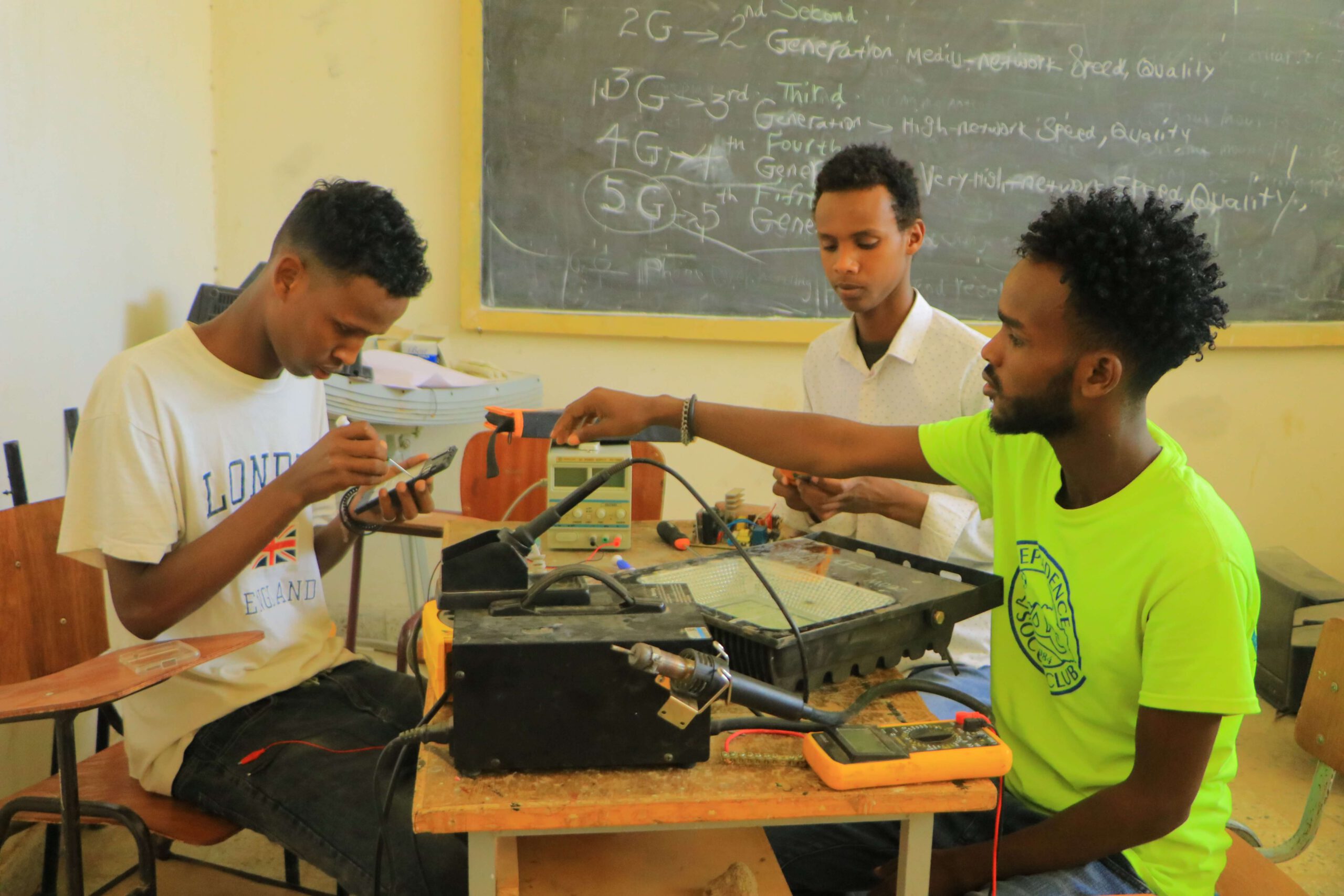

Qualitative Evaluation
Numbers alone don’t tell the full story. By applying qualitative methods to our evaluations, we provide in-depth insights into how and why interventions work (or don’t). Using in-depth interviews, focus group discussions, transect walks and other ethnographic methods, we capture the perspectives of beneficiaries, implementers and other stakeholders to understand challenges, opportunities, and unintended consequences. By creating a safe environment where participants feel empowered to share their stories and experiences, we gather rich data that reveals not just what people think, but why they think that way. In the development sector, several evaluations rely on mixed methods, where qualitative and quantitative findings complement each other, offering a more holistic view that informs policy and intervention design.
Qualitative Evaluation
Numbers alone don’t tell the full story. By applying qualitative methods to our evaluations, we provide in-depth insights into how and why interventions work (or don’t). Using in-depth interviews, focus group discussions, transect walks and other ethnographic methods, we capture the perspectives of beneficiaries, implementers and other stakeholders to understand challenges, opportunities, and unintended consequences. TBy creating a safe environment where participants feel empowered to share their stories and experiences, we gather rich data that reveals not just what people think, but why they think that way. In the development sector, several evaluations rely on mixed methods, where qualitative and quantitative findings complement each other, offering a more holistic view that informs policy and intervention design.
Effectiveness and Monitoring
A strong monitoring system is essential for adaptive learning and accountability. We help organizations develop tailored monitoring and evaluation strategies, design key performance indicators (KPIs), and establish data collection and results frameworks to understand the effectiveness and timeliness of an intervention. Our work ensures that organizations track progress effectively and make data-driven adjustments to improve performance. Through realtime data on inputs, activities, outputs and outcomes, we help identify deviation from the original plan and enable timely corrective actions. Whether large-scale donor-funded programs or grassroots initiatives, we tailor our monitoring solutions to meet organizational needs and enhance development interventions.
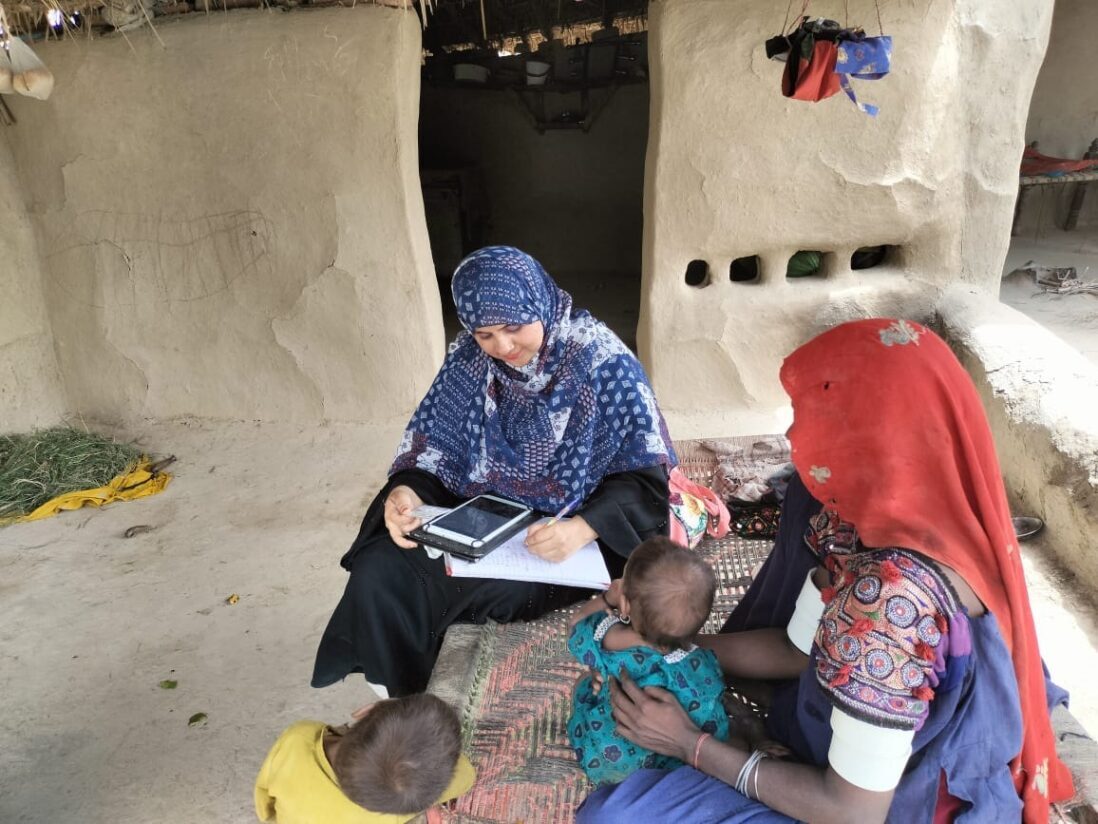



Efficiency Analysis
In development projects, efficiency is key to ensuring that time, money, and labor translate into meaningful results. Our Efficiency Analysis documents the relevance, coherence, effectiveness, efficiency, sustainability and added value of the project and provide evidence, concrete recommendations, learning, strategy amendment and inform advocacy efforts during the program implementation and during the different phases of the evaluation. We aim to shed light on the current effectiveness of methods used in projects and develop recommendations for future improvements. Efficiency analysis looks at the tools and practices put into place by development organizations, and evaluates their challenges faces to look forwards into how to accelerate positive change. Using cost-based methods like Cost-Effectiveness Analysis (CEA) and Cost-Benefit Analysis (CBA), we assess whether interventions deliver value for money. The Unit Cost Analysis further breaks down costs per output, evaluating the costs in comparison to the value delivered. To understand productivity, we examine input-output ratios and conduct Time and Motion Studies to identify bottlenecks and streamline processes. We also apply Benchmarking and Comparative Analysis to measure efficiency against similar projects, while Lean and Six Sigma methodologies help improve operational workflows. Financial tools like Return on Investment (ROI) and Marginal Cost Analysis provide deeper insights into cost efficiency and scalability. By combining these approaches, we help organizations design smarter, more efficient programs that maximize impact, ensuring that development efforts deliver sustainable, measurable results.
Efficiency Analysis
In development projects, efficiency is key to ensuring that time, money, and labor translate into meaningful results. Our Efficiency Analysis documents the relevance, coherence, effectiveness, efficiency, sustainability and added value of the project and provide evidence, concrete recommendations, learning, strategy amendment and inform advocacy efforts during the program implementation and during the different phases of the evaluation. We aim to shed light on the current effectiveness of methods used in projects and develop recommendations for future improvements. Efficiency analysis looks at the tools and practices put into place by development organizations, and evaluates their challenges faces to look forwards into how to accelerate positive change. Using cost-based methods like Cost-Effectiveness Analysis (CEA) and Cost-Benefit Analysis (CBA), we assess whether interventions deliver value for money. The Unit Cost Analysis further breaks down costs per output, evaluating the costs in comparison to the value delivered. To understand productivity, we examine input-output ratios and conduct Time and Motion Studies to identify bottlenecks and streamline processes. We also apply Benchmarking and Comparative Analysis to measure efficiency against similar projects, while Lean and Six Sigma methodologies help improve operational workflows. Financial tools like Return on Investment (ROI) and Marginal Cost Analysis provide deeper insights into cost efficiency and scalability. By combining these approaches, we help organizations design smarter, more efficient programs that maximize impact, ensuring that development efforts deliver sustainable, measurable results.
Evidence Synthesis
Decision-making in development should be based on the best available evidence. In an age where information is abundant, synthesizing evidence helps organizations navigate complex data landscapes and derive actionable insights based on the best available evidence. We use rigorous methodologies ranging from narrow scoping reviews to larger systematic reviews to ensure transparency and reliability. Our approach involves systematically reviewing and collating research from large literature databanks to provide a comprehensive overview of existing evidence. By analyzing this information (narratives or quantitatively), we help understand what is known about the effectiveness of intervention, as well as the main constraints, barriers, facilitators and mechanisms. Finally, through the collation and assessment of literature, we understand where gaps exist, and assess the strength of evidence for a set of outcomes and a type of interventions.
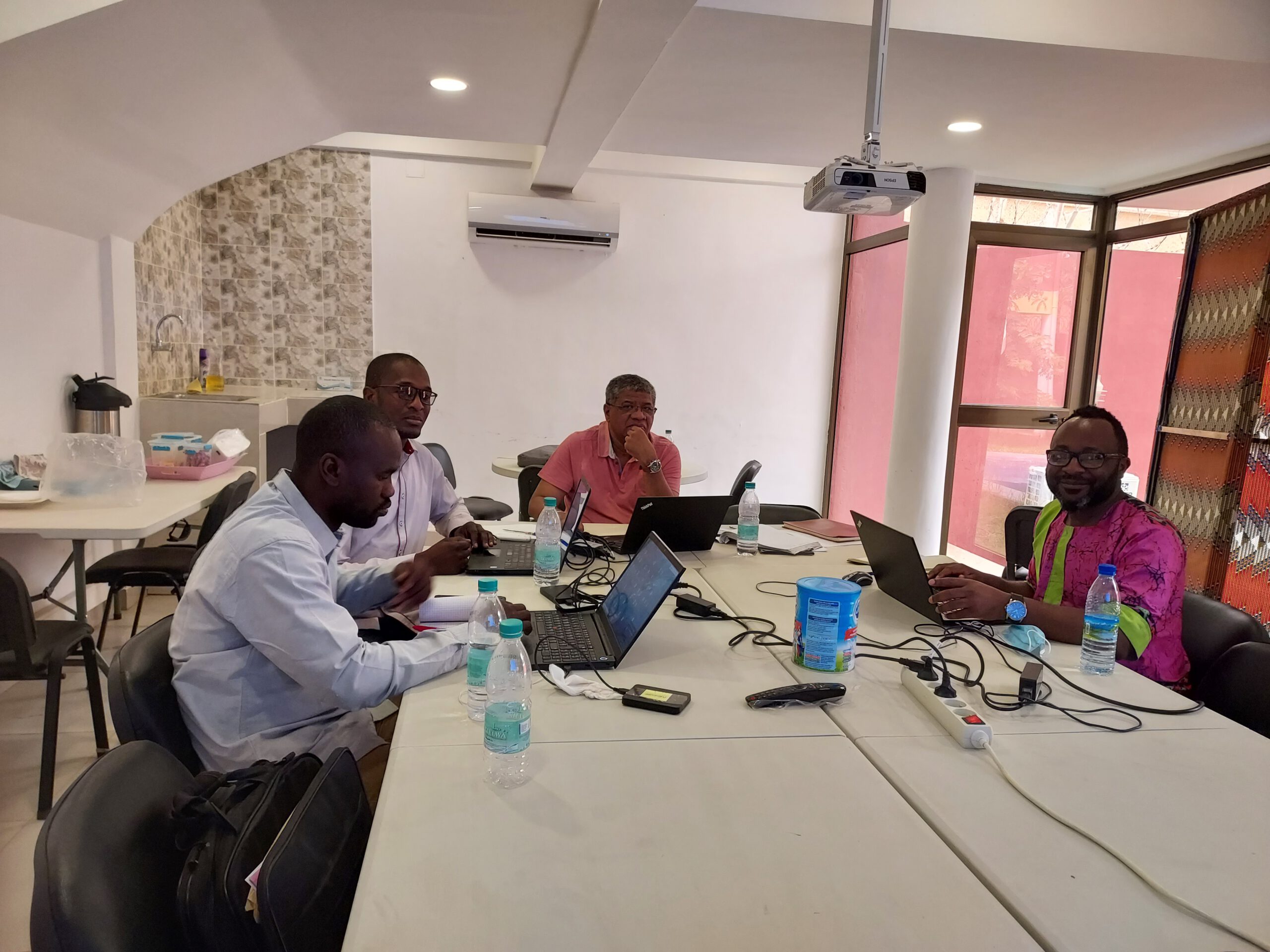

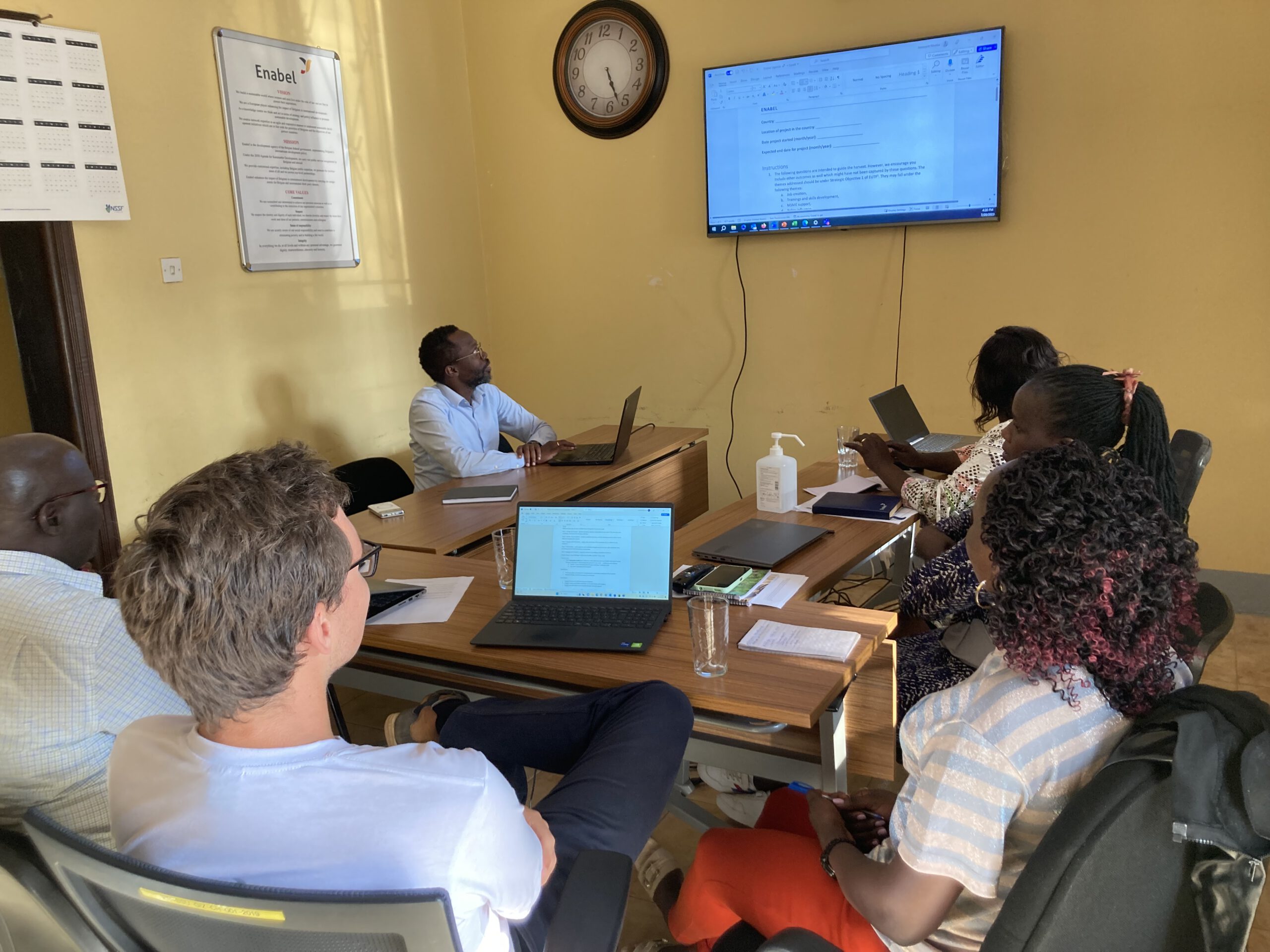

Data Collection
Reliable data is the foundation of credible evaluations. Our data collection services ensure high-quality fieldwork, using best practices in survey design, enumerator training, and ethical data gathering. We specialize in both qualitative and quantitative data collection across diverse settings, from remote rural areas to complex urban environments. Working with international development organizations, we ensure that the data collected is accurate, contextually relevant, and useful for decision-making.
Data Collection
Reliable data is the foundation of credible evaluations. Our data collection services ensure high-quality fieldwork, using best practices in survey design, enumerator training, and ethical data gathering. We specialize in both qualitative and quantitative data collection across diverse settings, from remote rural areas to complex urban environments. Working with international development organizations, we ensure that the data collected is accurate, contextually relevant, and useful for decision-making.
Capacity Building
Capacity Building and Training Building expertise is crucial for sustainable impact evaluation and evidence-based decision making. We offer tailored training programs that equip professionals with skills in impact evaluation methodologies, data collection, analysis, and systematic reviews. Our workshops cater to development practitioners, government officials, data analysts and researchers, ensuring they can confidently apply robust evaluation techniques in their work. We work with clients globally to strengthen institutional capacity and foster a culture of learning and evidence use.


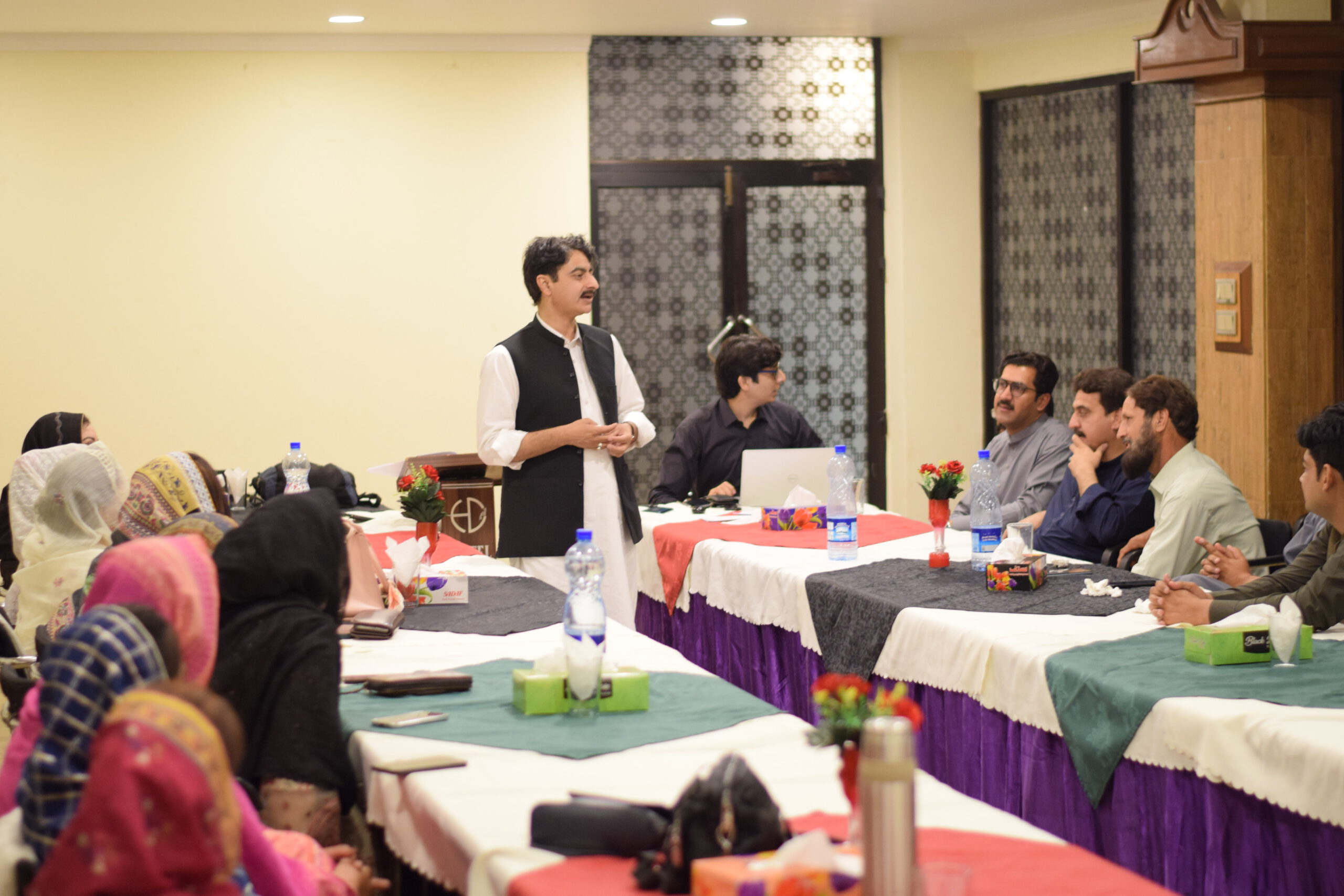

Quality Assurance
Quality assurance Consistent and reliable reporting is key for the uptake of the results of the evaluation and to facilitate informed decision-making. With our large experience in working with quality standard of multiple organizations, we specialize in creating high-quality assurance tools. These tools may include standardized templates, checklists, and guidelines for reporting processes, as well as automated validation systems to flag errors or inconsistencies. By incorporating best practices in reporting, these tools help maintain high standards of data integrity, improve transparency, and ensure that reports meet the needs of stakeholders. These tools are aligned to other existing reporting standards, which we use to review and assess evaluation reports prepared by other evaluators. We examine each report using the given evaluation criteria to assess the clarity, accuracy, and relevance of your reporting, and to guarantee that it meets the highest standards. By identifying potential gaps and offering actionable feedback, we enhance the overall quality of the evaluations, their credibility of the findings and ensure that they effectively communicate valuable insights to stakeholders.
Quality Assurance
Quality assurance Consistent and reliable reporting is key for the uptake of the results of the evaluation and to facilitate informed decision-making. With our large experience in working with quality standard of multiple organizations, we specialize in creating high-quality assurance tools. These tools may include standardized templates, checklists, and guidelines for reporting processes, as well as automated validation systems to flag errors or inconsistencies. By incorporating best practices in reporting, these tools help maintain high standards of data integrity, improve transparency, and ensure that reports meet the needs of stakeholders. These tools are aligned to other existing reporting standards, which we use to review and assess evaluation reports prepared by other evaluators. We examine each report using the given evaluation criteria to assess the clarity, accuracy, and relevance of your reporting, and to guarantee that it meets the highest standards. By identifying potential gaps and offering actionable feedback, we enhance the overall quality of the evaluations, their credibility of the findings and ensure that they effectively communicate valuable insights to stakeholders.

